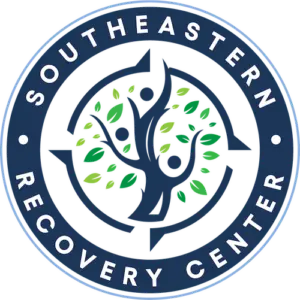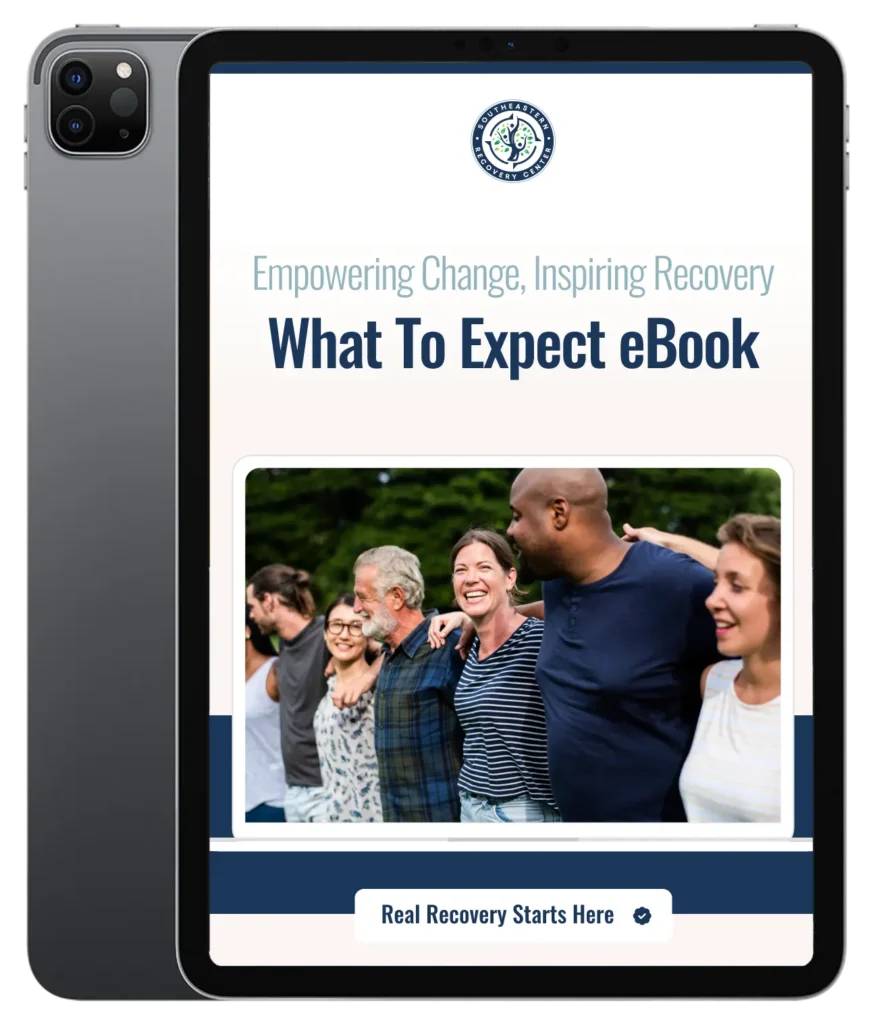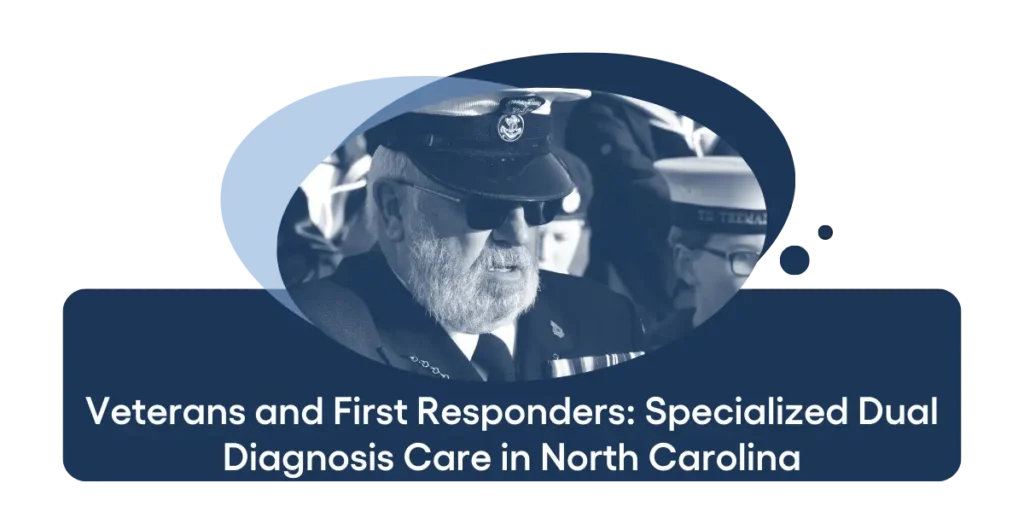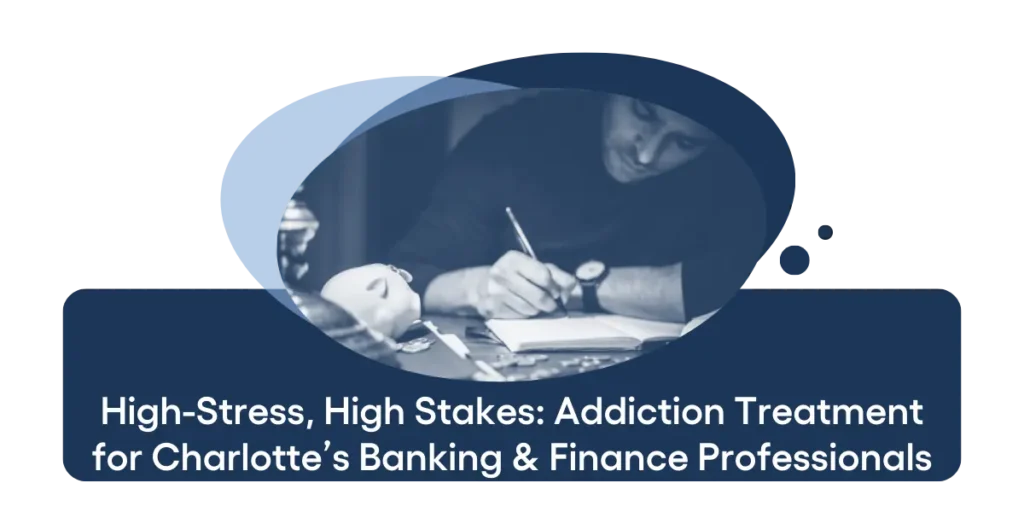According to the Substance Abuse and Mental Health Services Administration (SAMHSA), in 2020, approximately 1.3 million people aged 12 and older received treatment for a substance use disorder at a specialized facility.
Finding the right drug rehab in North Carolina can be a difficult and overwhelming process. There are various factors to consider, such as location, cost, program options, and levels of care. It is important to find a rehab facility that is tailored to your individual needs and goals.
This blog post will discuss what you should consider when looking for drug rehabs in North Carolina. We will look at important questions to ask, the types of programs offered, and the different levels of care available. With the right information, you can make an informed decision on the best rehab option for you or your loved one.
Accreditation and Licensing
When looking for drug rehabs in North Carolina, the number one thing you should consider is whether the facility is properly accredited and licensed. Accreditation means the rehab meets high standards of care and follows best practices. In N.C., the Division of Health Service Regulation licenses and inspects rehab facilities.
Double-check that the specific center you’re interested in is licensed. You want to ensure they employ certified professionals, like addiction counselors, doctors, nurses, and therapists. Proper licensing and accreditation help ensure you’ll receive high-quality, evidence-based treatment.
Treatment Programs Offered
When searching for a rehab center, look for one that offers a range of customized programs to meet your unique needs.
A good rehab will provide residential and outpatient care, allowing you to choose what level of support you need. Residential or inpatient care means living at the facility 24/7, while outpatient means visiting for a few hours daily. Outpatient is ideal if you need to keep working or caring for family.
Look for a center offering detox, therapy, counseling, and aftercare. Detox helps safely withdraw from drugs. Therapy and counseling, like cognitive behavioral therapy or motivational interviewing, teach coping strategies and address the root causes of addiction. Aftercare, such as support groups, helps you stay committed to sobriety after rehab.

Qualified Staff
When looking for drug rehabs in North Carolina, the qualifications and experience of the staff should be a top priority. The success of any rehab program depends on the people running it.
Ensure that the rehab employs qualified and licensed medical and mental health professionals, including doctors, nurses, therapists, and counselors experienced in addiction treatment. They should be properly credentialed and up to date with certifications.
Look for staff with degrees and certifications in psychiatry, psychology, social work, addiction medicine, and counseling. Experienced staff will be better equipped to evaluate patients, develop effective treatment plans, and handle any medical or mental health issues that arise during treatment.
They can also share insights from their experience helping other patients recover. Staff turnover rates are also important to consider. A stable staff working together for some time will operate more efficiently as a team.
Evidence-Based Approaches
When looking for drug rehabs in North Carolina, seek out facilities that utilize evidence-based treatment approaches with proven success rates. These scientifically-backed methods are your best bet for overcoming addiction.
Cognitive Behavioral Therapy (CBT)
CBT helps identify harmful thought patterns and behaviors related to substance abuse. It teaches coping strategies to avoid relapse by changing those thoughts and behaviors. Studies show CBT can be very effective for addiction treatment.
Medication-Assisted Treatment (MAT)
For some addictions like opioids, MAT uses drugs like methadone, buprenorphine, or naltrexone to reduce cravings and withdrawal symptoms. MAT, combined with therapy and counseling, has been shown to help prevent relapse. Rehabs that offer MAT provide the most comprehensive care.
Motivational Interviewing
This collaborative approach helps increase motivation for change. Open-ended questions are used to explore ambivalence toward recovery and resolve any uncertainty. Studies show motivational interviewing, especially when combined with CBT, can positively impact outcomes.
12-Step Programs
The 12 steps are a proven method for overcoming addiction through peer support and spirituality. Meetings provide accountability and help establish a network of sober support. While 12-step programs are not for everyone, rehabs encouraging participation in 12-step fellowships and professional treatment tend to have higher long-term success rates.
Other important factors include holistic therapies like yoga or art therapy, family programs, and aftercare planning for continued recovery post-treatment. The most effective drug rehabs will combine these evidence-based approaches tailored to each individual’s needs. With the proper treatment and support, long-term sobriety is absolutely within reach.
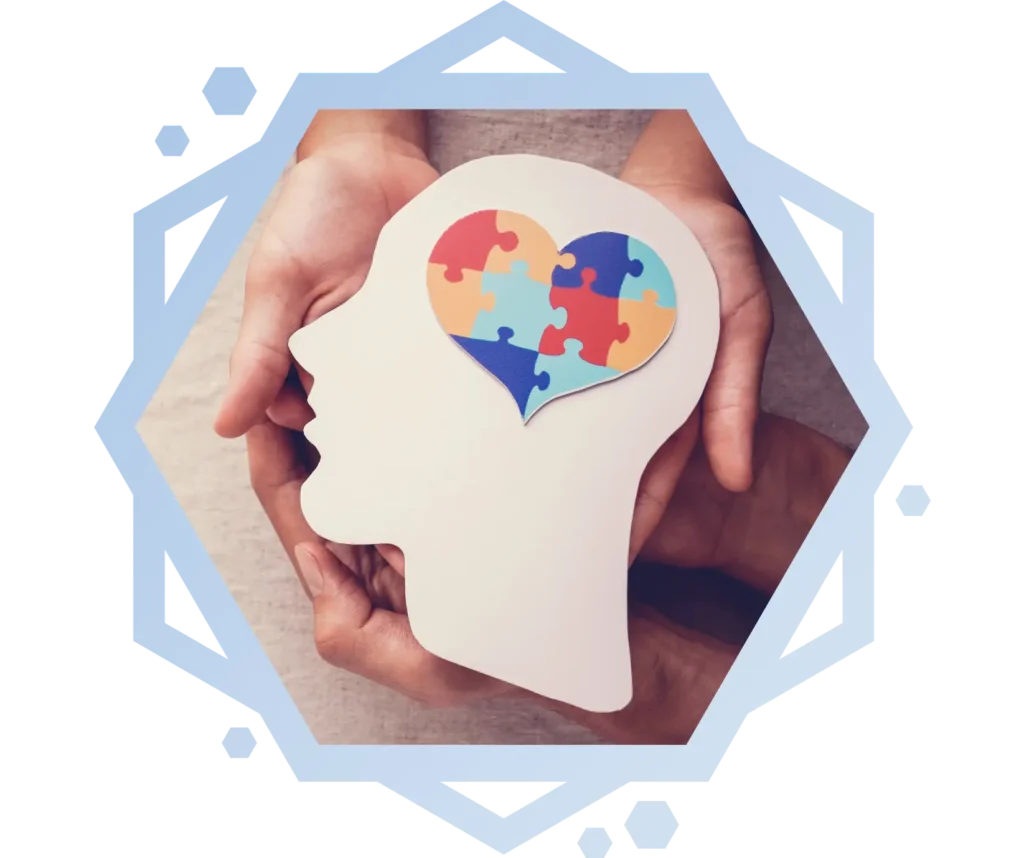
Dual Diagnosis Capability
If you or a loved one is struggling with addiction and a co-occurring mental health disorder like depression or anxiety, dual diagnosis treatment is critical. Look for North Carolina rehab centers offering integrated care for substance abuse and any underlying mental health conditions.
The right rehab will have specially trained staff and programs to properly assess and treat co-occurring disorders through a personalized treatment plan. Dual diagnosis treatment may include:
- Mental health therapy like CBT to help change negative thought and behavior patterns
- Psychiatric care and medication management, if needed
- Holistic therapies like yoga or meditation promote wellness of the mind and body
- Group counseling and support groups to help build coping strategies and a strong support system
Dual diagnosis treatment can be complex, but finding a rehab in North Carolina focused on integrated care gives you or your loved one the best chance at long-term recovery and wellness. With the right help and support, people can and do get better from addiction and mental illness.
North Carolina has many excellent options for rehabilitation, so take your time and choose what feels like the best fit. You deserve to get the help and healing you need. Stay strong and keep your eyes on the goal of lifelong sobriety. There is hope and a bright future ahead!
